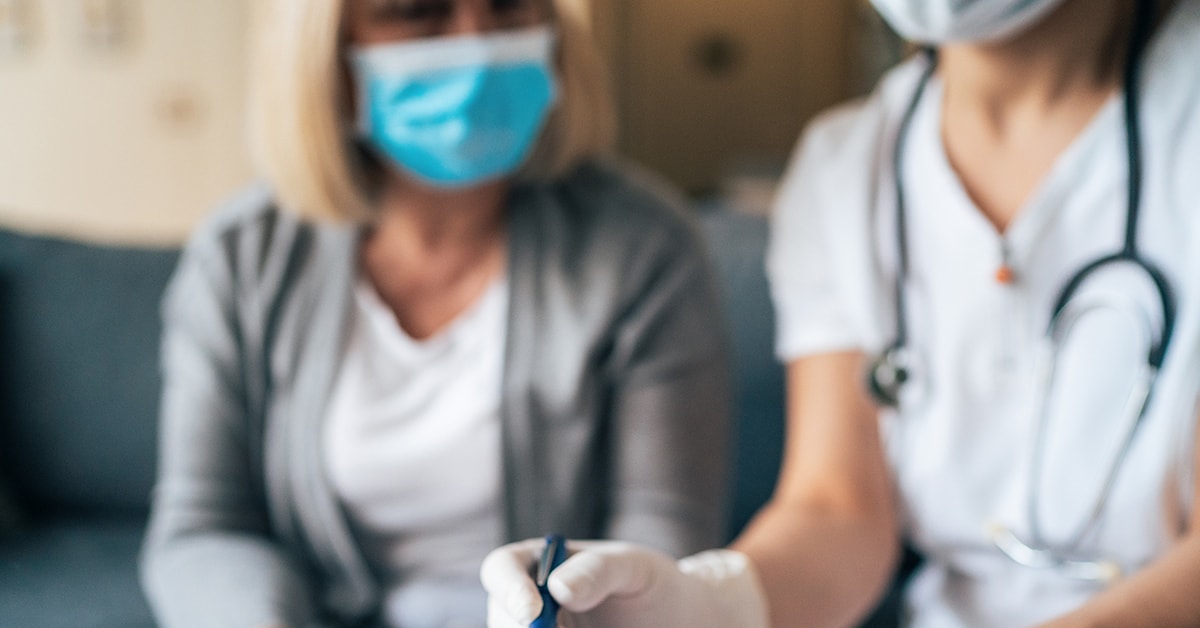
Should You Get a Second Opinion for Breast Cancer?
-
Wanting to dive into treatment right away after receiving a breast cancer diagnosis is completely normal, but before getting started, it’s almost always worth pausing for a second opinion.
Having another specialist review your case can confirm your original diagnosis and treatment plan as well as give you peace of mind as you move forward. There’s also a chance the second doctor could see the results of your tests differently or have other treatment recommendations—including some you haven’t considered.
While it’s important to start a treatment plan quickly, in most cases, you can take a few days or weeks to consult with another expert.
“While treatment delays matter, in most cases, they don’t matter as much as we used to think they did,” said Richard Bleicher, MD, FACS, a surgical oncologist and Leader of the Breast Cancer Program at Fox Chase Cancer Center.
Why Second Opinions Matter
It’s never a bad idea to seek a second opinion for a cancer diagnosis. Sometimes, physicians have different recommendations than others, especially when it comes to rare or uncertain diagnoses. In other instances, you might need help weighing multiple treatment options or simply want to make sure every avenue has been explored. All are great reasons for seeing a second physician.
“Many advances have been made in recent years for treating breast cancer,” Bleicher said. “If your original oncologist or surgeon is not a breast cancer specialist, you may not be hearing about the most up-to-date treatments.”
Where to Seek a Second Opinion
It’s worth heading to a National Cancer Institute (NCI)-designated comprehensive cancer center for a second opinion. There, you’ll meet with a multidisciplinary team of experts who specialize in breast cancer and work together to create the best treatment plan for each patient.
“Each specialist who sees the patient at a comprehensive cancer center is fully aware of the nuances among different breast cancer types. When creating a plan for that patient, the whole team takes those nuances into account,” Bleicher said. “What some doctors, or even specialists, may see once in a career, those at an NCI-designated comprehensive cancer center like Fox Chase may see on an annual or even monthly basis. That’s why even outside specialists send patients to us for opinions.”
You might also gain access to treatments that aren’t yet available elsewhere, since comprehensive cancer centers are at the forefront of cancer research.
Scheduling an Appointment
If you are interested in getting a second opinion, start by talking with your current doctor. They can help you gather the medical records, imaging studies, and lab and test results you’ll need to share with the second physician.
Your physician may also be able to recommend someone to get a second opinion from, but other options include asking people you know who’ve been affected by breast cancer or doing research of your own.
When it comes time to make your appointment, know that you have options. Whether you’re located far away from the expert you want to see or you’re trying to maintain social distancing, some centers—including Fox Chase—offer second opinion consultations via telehealth (when appropriate).
Learn more about breast cancer treatment at Fox Chase Cancer Center.
